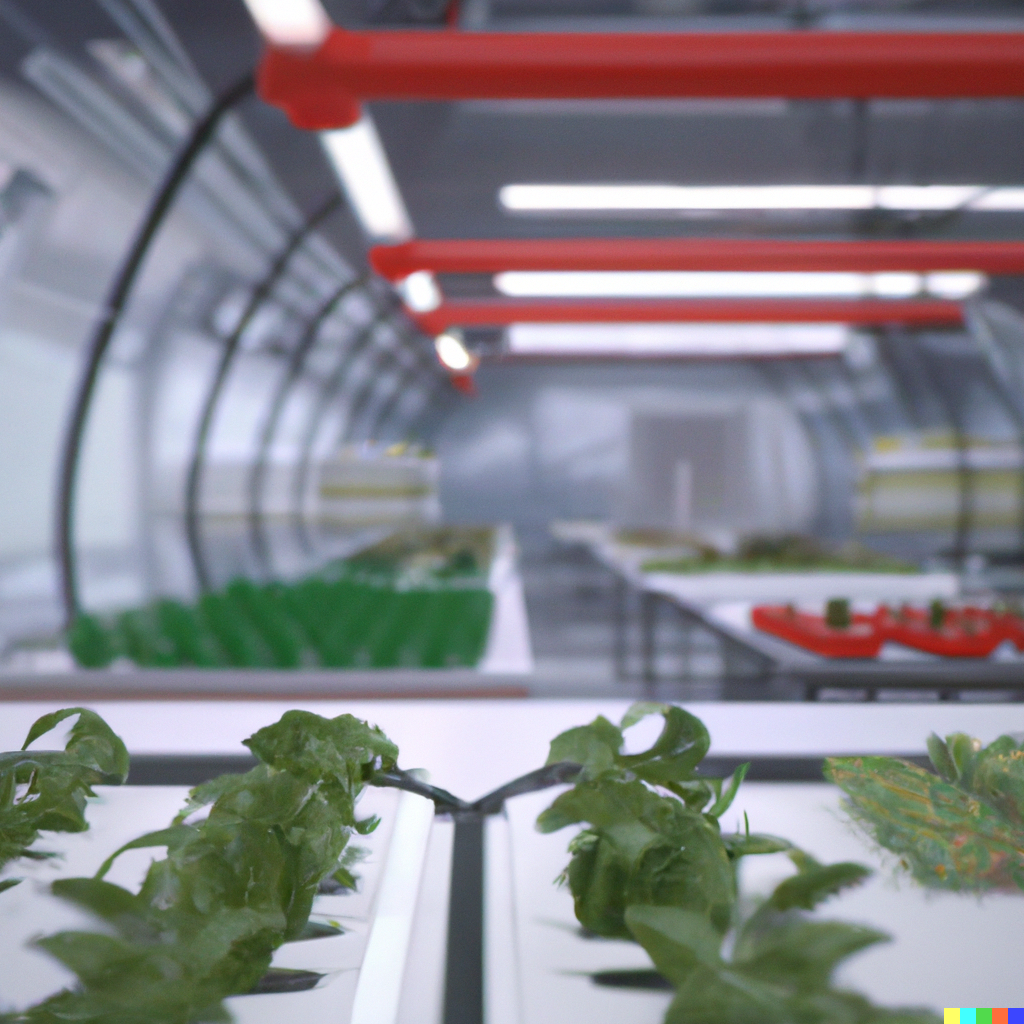Hydroponic Farming: The Future of Indoor Agriculture

Introduction
As the world population continues to grow, the demand for food is rapidly increasing. With limited arable land and the negative impact of traditional farming practices on the environment, hydroponic farming is emerging as a viable solution.
The Advantages of Hydroponic Farming
Hydroponics involves growing plants in water, without soil, using nutrient solutions. This method offers several advantages, including higher crop yields, faster growth, and reduced water usage. In hydroponic farming, plants are grown in a controlled environment, such as a greenhouse or a vertical farm, allowing for year-round crop production. This method is highly efficient, as it allows for precise nutrient and water delivery to the plants, leading to higher yields and faster growth rates. Hydroponic farming also uses significantly less water than traditional farming methods, as the nutrient solutions can be recycled.
Examples
Real-life examples of hydroponic farming can be found around the world. In Singapore, for example, Sky Greens has developed a vertical hydroponic farm that produces fresh vegetables using minimal land and resources. Similarly, in Japan, Spread Co. has developed a fully automated indoor farm that uses artificial lighting and hydroponic technology to grow lettuce.
The Potential Impact on the Environment
Hydroponic farming has the potential to revolutionize agriculture by addressing some of the major environmental challenges faced by traditional farming. By using significantly less water and land, hydroponic farming can help reduce the negative impact of agriculture on the environment. Additionally, hydroponic farming does not require the use of pesticides or herbicides, reducing the risk of soil and water contamination.
Conclusion
In conclusion, hydroponic farming is emerging as a promising solution to the challenges facing traditional agriculture. With its potential for higher yields, faster growth rates, and reduced water usage, hydroponic farming is likely to play an increasingly important role in feeding the growing global population. By embracing hydroponic farming, we can create a more sustainable and efficient food system that benefits both people and the planet.





